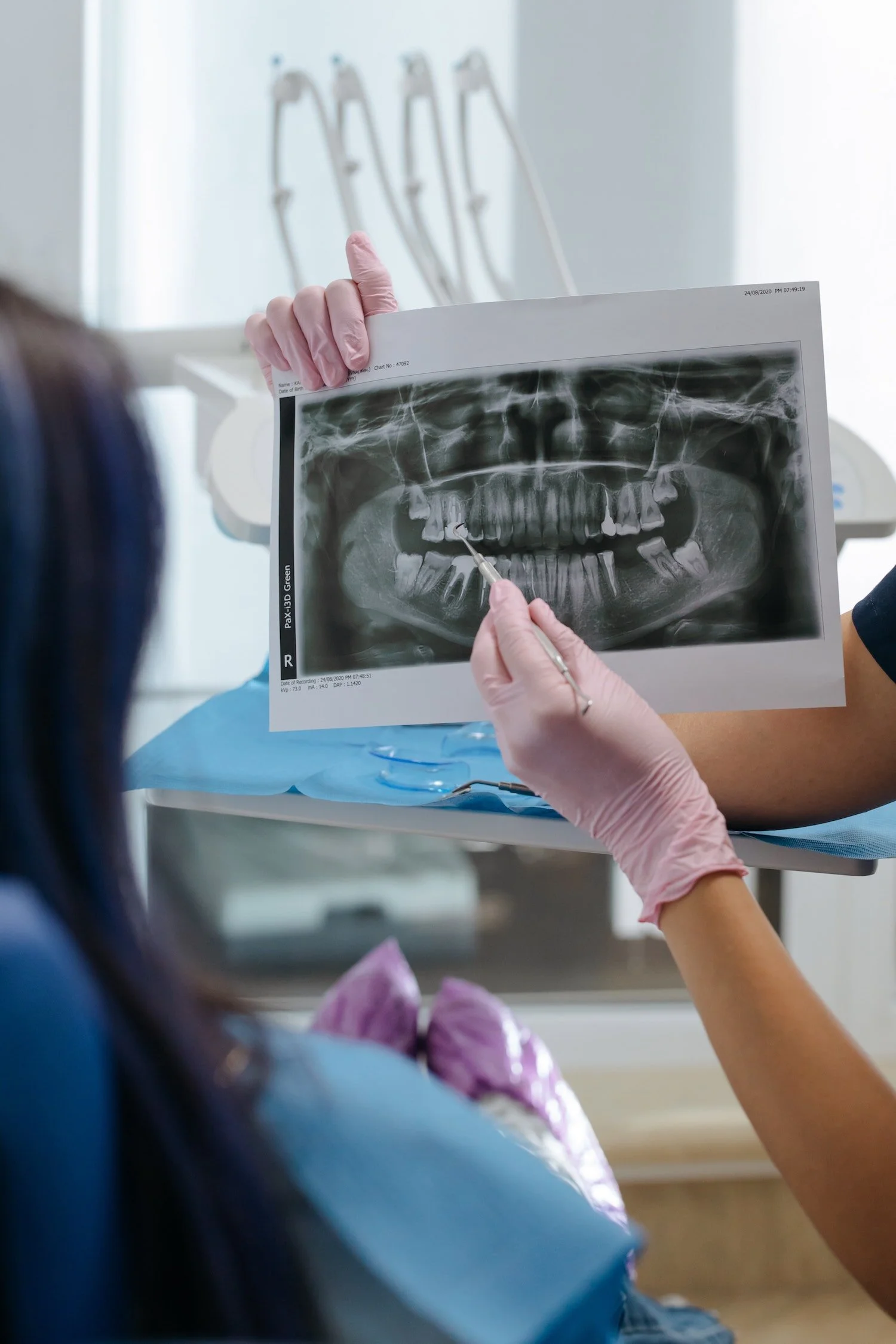Jaw pain can be a very gruelling and uncomfortable experience. For some, the pain is present enough to have your attention and severe enough to be able to disrupt your daily activities.
So what are the causes of jaw pain and when should you look for jaw pain treatment? We’re about to answer both of these questions in this blog.
What Commonly Causes Jaw Pain?
1. TMJ Disorders (Also known as TMD)
The temporomandibular joint or TMJ connects our jaw bones to our skull and works quite like a hinge. TMJ disorders or TMD tends to cause victims pain in those facial muscles that have control over the jaw. Any dental specialist in Sydney will tell you that among the most common reasons for TMD are:
● Arthritis
● Jaw injury
● The shock-absorbing TMJ disk is misaligned or has eroded
Once diagnosed, it is crucial that you treat TMD. Even though it may not always be clear what specifically caused TMD, this condition is linked to many ailments such as teeth grinding, jaw injury, and arthritis.
If you jaw pain is being caused due to TMD, then your dentist may prescribe any of the following treatments:
● Oral splints or mouth guards
● Jaw exercises or massage
● Muscle relaxants, anti-inflammatory drugs, or antibiotics
● Surgery, however, this is only reserved as a last resort
2. Bruxism
In dentistry, chronic teeth grinding is called Bruxism. If you have this condition, you might also be prone to clenching, gnashing or grinding your teeth. One of the most common ways of knowing that you have Bruxism is if you awaken on most mornings with headaches, toothaches, and jaw pain.
Typically, people tend to experience two types of bruxism, which include awake bruxism and sleep bruxism. The latter, as the name suggests, occurs when you are unconscious and unintentionally clench or grind your teeth.
There are numerous causes of Bruxism, which include:
● Emotional stress, such as fear, frustration, or anger
● Genetics
● Age (as Bruxism is more common among children)
● Side effect of prescribed medications
● As a result of consuming excessive amounts of alcohol, drugs, or caffeine
Mild cases of bruxism may not require treatment. However, if the symptoms are severe, a dental health specialist may recommend:
● Dental botox
● Prescription drugs for anxiety, or muscle relaxers
● Jaw exercises or behavioural modifications
● Splints or mouth guards for either jaw
● Crown replacement (or other forms of dental restoratives) for extreme cases
A dental heath specialist will be able to diagnose whether Bruxism is your cause for jaw pain. You should also expect them to ask you questions about the medications you take and your sleeping habits.
Consult a TMJ Specialist for Jaw Pain Treatment In Sydney
If you’re looking for a jaw pain dentist, cosmetic dentistry, implants, TMJ, and emergency treatment, visit our website to book an appointment, or send us an email at info@painfreedentistsydney to find out more.
What should I be concerned with jaw pain?
If you have jaw pain, particularly persistent pain in the jaw or jaw clicking, jaw locking symptoms, immediately contact your doctor, dentist or a TMJ specialist. Jaw pain can lead to various physical and psychological health issues including sleep apnea, migraines, pain in the neck and surrounding spine region, loss of appetite, difficulty breathing, anxiety, teeth grinding, teeth clenching, irritation, aggression, etc.
Can TMJ make your whole jaw hurt?
When you have TMJ dysfunction, your pain can be widespread throughout your jaw, teeth, throat, tongue, all the way to your eyes, ears, cheeks and forehead.
For a normal person, the condyle is situated below the disk in the temporal bone, which allows them to open and close their jaws properly. In contrast, a person with TMJ issues usually have this circular bony structure to slide outside of the temporal bone, hence placing stress onto the disk nerves, causing TMJ and jaw pain. Furthermore, they would have limited mouth movement due to the jaw pain and also because the condyle displacement prevents the jaws from sliding smoothly.
TMJ jaw pain
How long does TMJ jaw pain last?
Most jaw pain flare-ups will usually last anywhere from two days to a few weeks. However, problems of jaw pain that are linked to TMJ can last forever if left untreated. That means, TMJ issues cannot go away on its own. However, some discomfort might be alleviated in certain people with improved sleep, eating and standing posture.
Will my jaw go back to normal after TMJ treatment?
It is true that the jaw will go back to its correct place after TMJ treatment, as the correct position of bones and joints removes the pain throughout your face. Some patients have jaw dislocation or teeth misalignment since birth, hence if they choose to undergo TMJ therapy, their facial structure and overall anatomy may change permanently, particularly:
A more forward jaw
A wider jaw arch that allows for more airways
A more symmetrical face and shoulder
Better posture and more upright spine structure

